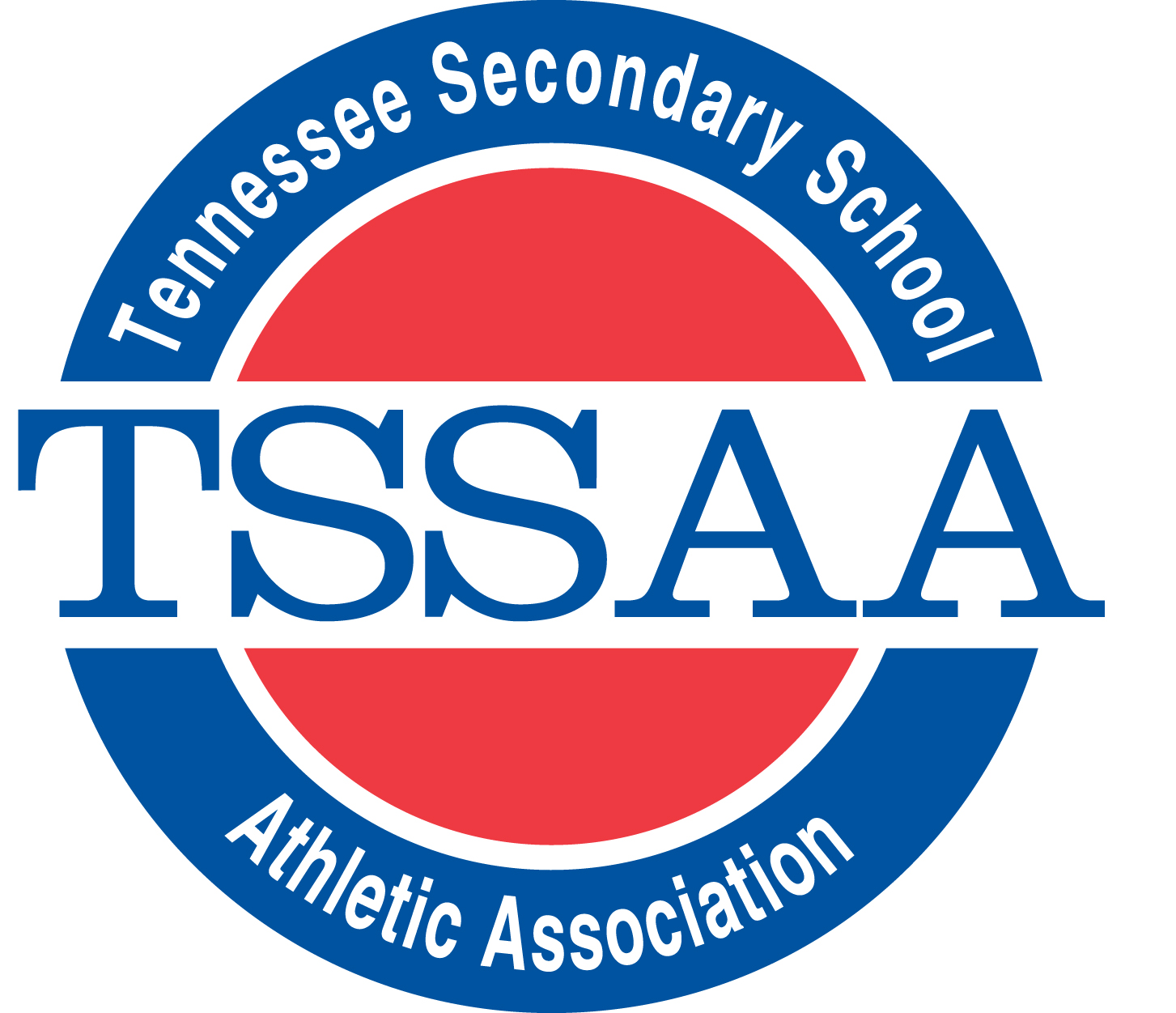The eyes of Tennessee's high school sports rules makers are on Texas.
This past week at its annual state meeting, the University Interscholastic League, which governs public high school sports in Texas, approved a recommendation to begin moving toward a 90-minutes-per-week limit on full-contact football practice.
The new rule is another step toward finding ways to minimize concussions and other injuries at the high school and middle school levels. It would limit "game-speed tackling and blocking to the ground."
The measure now goes to the Texas education commissioner for approval before the start of preseason practice in August. UIL athletic director Mark Cousins says the rule does not apply in spring drills or preseason camp but kicks in the week of the first game.
Cousins says the Texas rule reflects a growing trend in professional and college football to limit contact drills to reduce the number of injuries.
TSSAA executive director Bernard Childress said his administration would discuss the move with Texas rules makers later this month at the annual National Federation of State High School Associations meeting.
"We haven't had an opportunity to discuss it yet, but it will certainly be one of the main topics we discuss at our meetings later this month," Childress said. "I know the director of Texas very well, so I'll ask why they chose to make that change and find out what advice they got that made them decide to go in that direction. Everyone knows Texas is a football-crazy state, so whenever they make a drastic rules change, it certainly makes you raise an eyebrow and ask questions.
"We always monitor what other states do and then ask why they did it to determine if it's something we need to do. Nationally, I know most high school associations are looking at different ways to prevent concussions. What we've done for several years is relied heavily on our committee of doctors and athletic trainers to guide us on what we should do, because our first and foremost concern is always going to be keeping kids safe, no matter what."
The TSSAA implemented in 2010 one of the nation's strictest concussion rules, which states that any player who exhibits signs, symptoms or behavior consistent with a concussion (such as loss of consciousness, headache, dizziness, confusion or balance problems) will be immediately removed from the game and not allowed to return to play until cleared by a health care professional.
The TSSAA will mandate that a letter clearing the athlete be signed by the health care professional. Not even an athletic trainer on the sideline can clear the athlete to return.
Childress led the charge for that proactive step after learning that seven high school players in North Carolina had died the year before from second-impact syndrome, which can occur when a player receives a second blow to the same spot of a previous concussion before the initial injury had time to heal. Childress said according to medical data he was given, 90 percent of the time when someone takes a hit to the same spot that caused a previous concussion, it's fatal.
Following that lead by the state's prep sports governing body, new legislation was recommended in February by Tennessee lawmakers that will ensure that youth-league players have the same protection from multiple concussions.
According to research by The New York Times, at least 50 youth football players (high school or younger) from 20 states have died or sustained serious head injuries on the field since 1997. A study by the American Journal of Sports Medicine showed that there are about 67,000 diagnosed concussions in high school football every year.
Statistics like that have raised awareness throughout the nation and made concussions the biggest concern for the future of football. For those reasons, every state's high school sports governing body is searching for ways to make the game safer.
"I wouldn't have a problem with it if the TSSAA implemented something like Texas is doing to limit contact in practice," McCallie coach Ralph Potter said. "To be honest, it wouldn't really affect us that much because we probably don't get 90 minutes of tackling or full contact during a week in the season now.
"We worry more about twisted ankles or knees getting hurt during practice, so I know we, and a lot of other teams, use the week of practice to go over things other than just banging into each other with full contact for no reason. You can learn how to practice well without putting kids at risk. You can teach the game during the week, even tackling drills, and keep the players safe at the same time. And I think all of us are glad to find ways to keep kids safe and interested in the sport."
Contact Stephen Hargis at shargis@timesfreepress.com or 423-757-6293.

